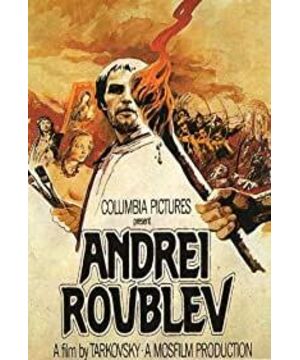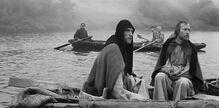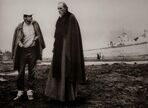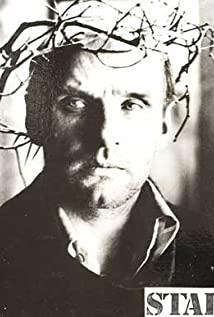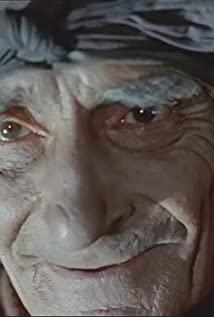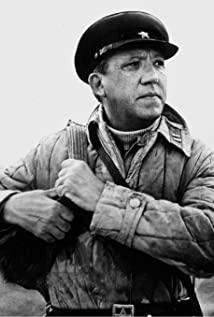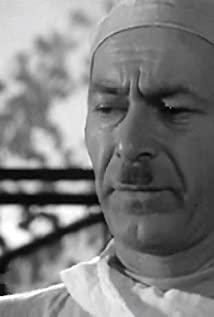Just watched it two days ago. I knew about this movie when I was young, and I also read the movie reviews written by my friends. So never forget it. After reading it, I thought to myself that it is only appropriate to watch it now, because many of the lines in it are quoted from the Bible. A little understanding of this and no understanding at all, the perception should be different. After reading the lines several times, I roughly understand that the main line of the movie is the struggle between justification by faith and justification by love. Andre held the latter, but the killing and looting in the world constantly tested his idea. This passage was quoted in the film, and Andrea was very happy to have woken up about it, but in the blink of an eye, the grand duke's act of murdering the painter gave him a heavy blow. From the "Bible" New Testament 1 Corinthians 13: If I can speak the tongues of all men and the words of angels, but have no love, I will be like a ringing gong and a ringing cymbal. If I have the ability to prophesy, and understand all mysteries, all knowledge, and all the faith that I can move mountains, but I don't have love, I'm nothing. The justification by faith here specifically means believing in God, but not in man. This is shown in the argument between Feovan and Andrei earlier in the film. Feofan believes that human nature is greedy, despicable, hopeless, and can only wait for the final judgment. He therefore said: I only serve God, not man. Andrei has doubts about this view. After churches were looted and people were slaughtered, Andrei's faith in human love was shaken, and he began a conversation with the dead but reappearing phantom of Fiofan, who believed that Fiofan's previous statement was true Yes, he was blind for half his life, and in this catastrophe he also killed a Russian who tried to rape a girl (this girl should be a unique character in the Russian religious tradition: Holy Fool, this girl Holy Fool Later lured away by the Tatars), Andrei felt that he had nothing to say to mankind, and he made a silent oath. The story of the young man casting a bell in the last chapter of the movie seems to have nothing to do with belief. The key seems to be the words before and after the young man. When the young man hoped to be selected to cast a bell, he said that his father taught him the secret of casting a bell. After all the hard work, when the bell was cast and finally succeeded in making a sound, the boy fell to the ground crying, saying that his father had actually taught him nothing. Andre hugged him and invited him to go to Trinity College to paint and make bells, and Andre broke his oath. Faith cannot be taught by others, you can only keep groping for yourself. The film ends with the display of the surviving Andrei's handed down painting of Jesus.
View more about Andrei Rublev reviews


